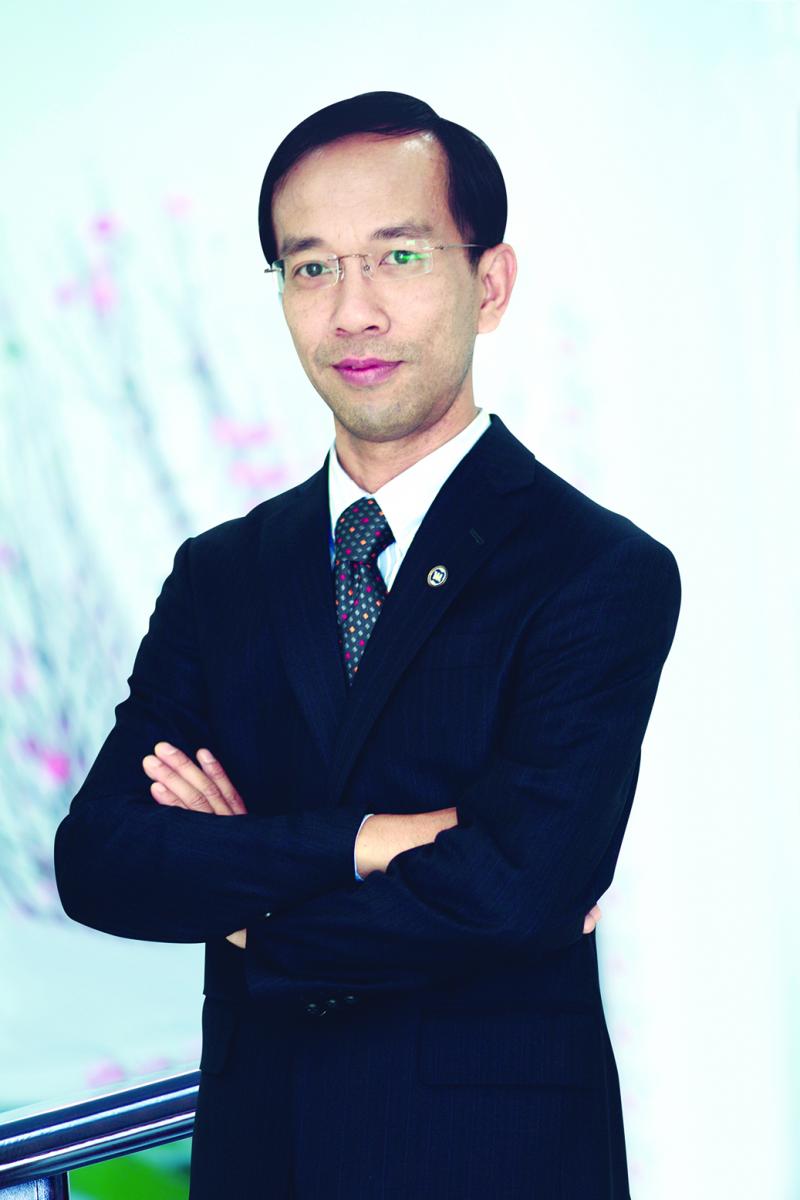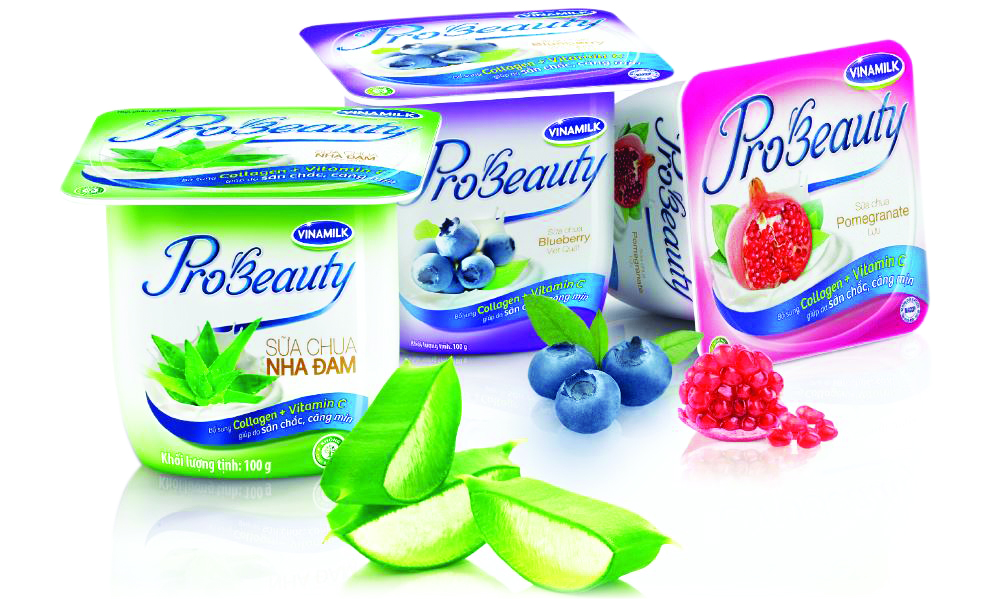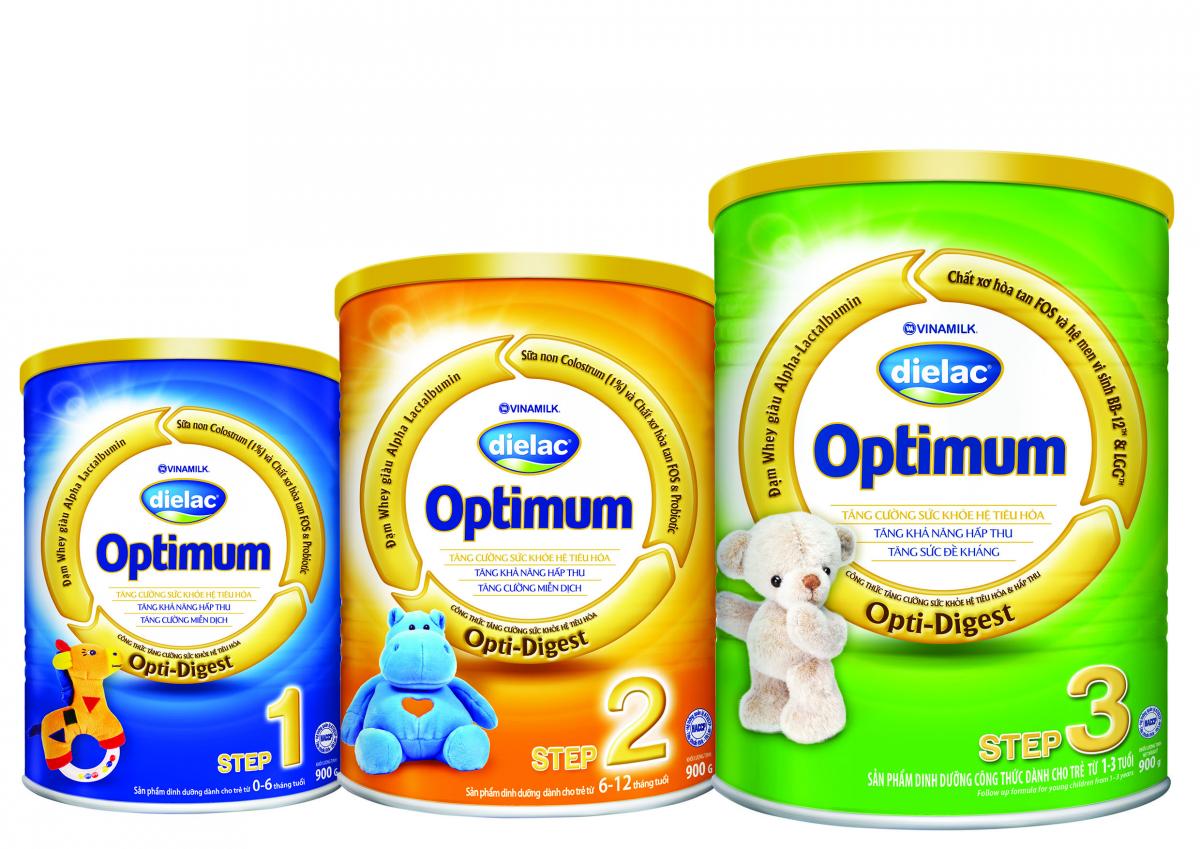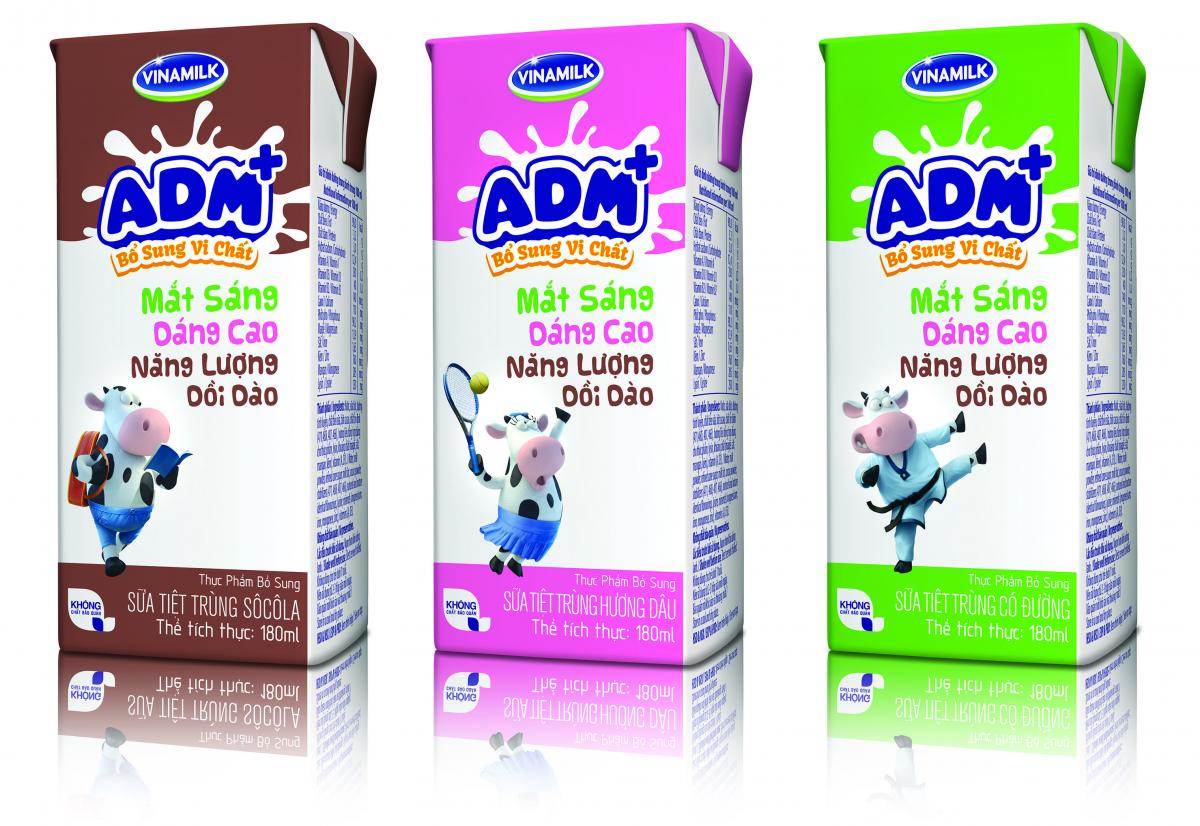VIETNAM’s largest dairy company, Vietnam Dairy Products Joint Stock Company (VINAMILK) continues expanding its reach in Asia and the global market. Mr Mai Hoai Anh, Chief Operating Officer, explains how sustainable development is part of the equation.

Mr Mai Hoai Anh, Chief Operating Officer
What motivated Vinamilk to build a dairy processing plant in Cambodia?
Vinamilk has been exporting its products to Cambodia since the early 2000s and has witnessed the rising demand of dairy products in that country. After researching the market, as well as finding an appropriate partner, Vinamilk decided to build a dairy plant there to increase supply quantity and shorten delivery time in providing Cambodia the best quality products from Vinamilk.
How much is the company investing in the plant? What products will be rolled out and at what output?
The close to 25,000-square-meter-plant has a total investment capital of $23 million. Fitted mostly with equipment from Europe, it is expected to start production during the third quarter of 2015. Annual capacity is pegged at more than 19 million liters of liquid milk, 64 million yoghurt jars and 80 million cans of condensed milk.
What were your considerations in choosing Phnom Penh instead of the other Special Economic Zone (SEZ)?
Since Phnom Penh SEZ has the best infrastructure, which is essentially required for our production in terms of stable operations, food safety and transportation, it was chosen as our base of operations.
Are the products for the Cambodian market alone?
The products are mainly intended for the local market in Cambodia, as well as other ASEAN countries should there be any additional demand from the region.

The ProBeauty yogurt in various flavors is among the company's best-selling products
The plant will be a joint undertaking with Angkor Dairy Products Co. Ltd. Could you explain how roles and responsibilities between the two companies will be like?
Our Cambodian partner will be responsible for the output/distribution in the local market, while Vinamilk, which holds 51 percent of capital, will manage the joint venture and product manufacturing.
How do you think this plant will impact the company’s prospects in the ASEAN Economic Community integration?
The AEC aims to establish ASEAN as a single market and production base making ASEAN more dynamic and competitive. As a consequence, it will ensure the free flow of goods, service and skilled labor between ASEAN countries.
With the plant, which is built in time for this historical milestone of regional development, Vinamilk trusts it will help leverage its competitive advantage in expanding into neighboring countries and other ASEAN states.
The company started manufacturing in Vietnam first. When and how did it extend its reach offshore, and what factors made the move favorable?
As of 2014, Vinamilk owns 13 modern dairy factories in Vietnam, including those in Ho Chi Minh, Dong Nai Province as well as our “mega-factory” located on a 20-hectare site in My Phuoc 2 Industrial Park, Binh Duong Province.
We first exported in 1997 to the Middle East as part of the United Nations’s “Oil for Food” Program. Later on, Vinamilk sought ought partners independently and this has allowed us to continue exporting dairy products to this region until now.
We’ve also made some investment lately to overseas (M&A or capital contribution), starting with Miraka factory in New Zealand (2010), continued by Driftwood Dairy Holding (USA – 2013), Liabilities Limited company in Poland and Cambodia’s Angkor Dairy Product Ltd. (2014) and currently looking for other opportunities in other regions to expand our market, increase export revenue to help achieve Vinamilk's overall sales target of US$3 billion in 2017 and become one of the 50 largest dairy companies in the world.
With more than 200 products distributed in more than 30 countries, how do you ensure that production quality is consistently carried out across all products and locations?
Vinamilk invests a lot in producing and processing equipment. We use the world’s most advanced integration and automation technology from G7 countries, such as the US and Italy. Our factories operate on a close production process from the feedstock input to the final product output and packaging. Quality management system is strictly applied to every process of production, meeting ISO9000, ISO17000 and the HACCP standards. We comply with Vietnam’s and International CODEX of food safety and hygiene standards. Product consumed locally or overseas could be easily traced back to the production date and location, thanks to the high level of integration in every single stage of our production process.
With your presence in different regions, how do you effectively manage raw material sourcing and logistics?
A key factor in determining milk quality is the source of raw materials. The subsidiaries in Vietnam, the U.S., Poland, and Cambodia have been established and invested in to ensure the high quality and stability of raw materials.
Our fresh milk is mainly sourced from our dairy farms, strictly selected and controlled to ensure food hygiene and safety. Imported raw materials are from suppliers in America, Australia, New Zealand, and France.
Our logistics includes warehousing, which stores raw materials for production and finished products for distribution, and transportation, which includes dairy vehicles that help transport and deliver products to consumers. All maintenance, handling and transportation are strictly managed in house to ensure the best quality products to consumers.

Optimum Powder milk for children
Vinamilk is turning 40 years this year. To what do you attribute your success in innovating and developing new products?
That success comes from the activeness, intelligence, assertiveness, and creativity of all staff as well as the application of advanced governance and risk management models.
Could you explain your Sustainable Development orientation and how you are accomplishing it?
As one of the leading companies in Vietnam, we are highly aware of our influence in the community and the sustainable development of society.
We have identified specific business rules that harmoniously connect business targets and social responsibilities. As such, we focus on Responsibility for Products, Environment and Energy, Local Economic Development, Community Development and Support, and Responsibility for Employees.
We aim to deliver safe products that benefit consumers’ intellectual and physical health—being extremely careful in every production process, from establishing product formula, deciding materials, to packaging design. We say “no” to unhealthy ingredients such as preservatives in all present and future products. We deliver explicit and thorough information about our products including ingredients, nutritional values and preservation guidelines to help consumers choose and use Vinamilk products that best fit and satisfy their needs.

Vinamilk products are free from preservatives. The company provides information about ingredients, nutritional values and preservation guidelines
To minimize business activity’s impact on the environment, we have always attempted to pursue solutions aimed at the efficient use of material, energy and water resources while controlling the output. We’ve set as part of our Energy goals for the period of 2012 to 2017: saving energy by at least 3 percent after five years of implementation, minimizing the amount of CO2 emissions and waste that cause greenhouse effect, and building and applying energy management in compliance with the ISO 50001:2011 standard on Energy Management to all Vinamilk’s factories.
These calls for, among other things, improving management quality, increasing the use of clean and renewable energy resources, using energy-saving equipment for lighting, and applying economical recycling solutions.
We also support activities that aim to promote environmental concerns such as the “1 Million Green Trees for Vietnam” Fund wherein we partner with the Vietnam Environment Department to grow more green trees in cities and provinces. To date, more than 147,248 trees have been planted in residential areas, public parks, central roads, and schools around the country. We also support “Stand Tall Vietnam” Milk Fund, which as of end 2014, has given more than 310,000 disadvantaged children in Vietnam nearly 23.5 million glasses of milk, or about VND 84 billion.
In the localities where we have business and production activities, we aim to connect our production scale expansion with the development of the local economy. Some of the ways we do this is by contributing to the local infrastructure development, creating jobs and vocational training, supporting farmers by providing them with finance, facilities, techniques and technologies in breeding, and having policies in procurement of agricultural commodities to ensure farmers’ benefit through the commitments of stable purchasing quantities and competitive prices.
As for our commitment to the workforce, it includes fostering a culture of safety, diversity and respect, investing a significant portion of budget in training and development both internally and externally, as well as ensuring that employee contributions are recognized and rewarded. We are likewise concerned for employees of our partners who work in the supply chain. We therefore require labor providers to sign labor contracts with employees who are going to work for Vinamilk, and pay social insurance premiums, organize trade union activities and implement other policies.
Nike













